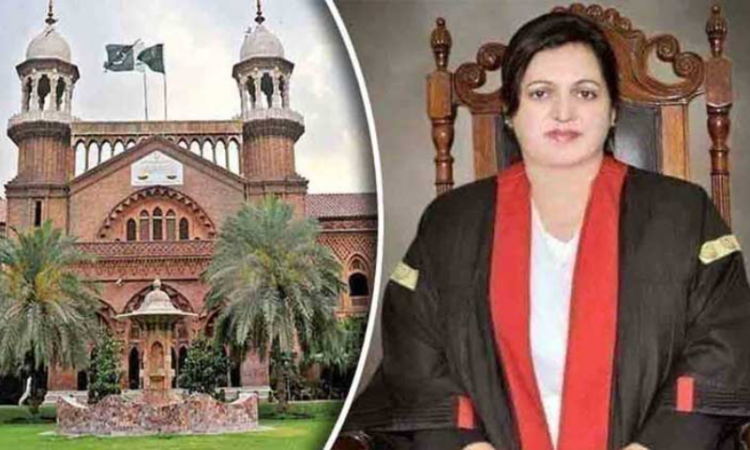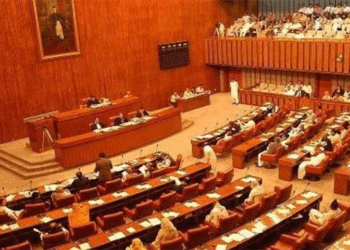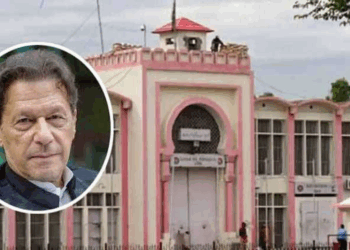LAHORE, April 9, 2025: In a landmark step towards overhauling the criminal justice system, Pakistan is set to launch a first-of-its-kind unified digital platform in Lahore on Thursday. The system will digitally track the complete journey of a criminal case—from the registration of an FIR to the final court verdict—streamlining coordination between law enforcement, prosecution, and the judiciary.
The initiative, spearheaded by Lahore High Court Chief Justice Aalia Neelum, is aimed at ensuring greater transparency, faster case resolution, and accountability across institutions involved in criminal proceedings.
The platform was developed in response to long-standing delays in the justice system—particularly the late submission of challans and flawed investigations. During a recent hearing, Chief Justice Neelum was presented with alarming figures: challans had not been submitted in over 400,000 cases, highlighting serious lapses by investigation officers and prosecutorial inaction.
Taking notice, the Chief Justice ordered the development of a comprehensive digital monitoring framework that would provide real-time updates on every stage of a criminal case. The goal: to identify the exact point of delay—whether in investigation, prosecution, or trial—and hold the responsible individuals accountable.
“This system will not only expose inefficiencies but also enable data-driven reforms in our judicial and law enforcement institutions,” a senior court official said.
The project was developed under a tight timeline through the coordinated efforts of the Punjab Police, Prosecutor General Syed Farhad Ali Shah, and a team of IT professionals. The pilot phase will be launched in Lahore, with plans to expand across Punjab.
Chief Justice Neelum will formally inaugurate the platform on Thursday, marking a major milestone in Pakistan’s justice sector reform agenda.
Once operational, the system will provide a single digital link to track a case’s progress—from FIR registration, investigation status, challan submission, trial proceedings, to the final judgment. The judiciary, police, and prosecution will all have synchronized access, eliminating miscommunication and paperwork delays.
Legal experts and civil society observers have welcomed the initiative, calling it a transformative step that could help restore public confidence in the criminal justice system.
By combining technology with judicial reform, this unified platform signals a new era—one in which justice is not just delivered, but delivered efficiently and transparently.








